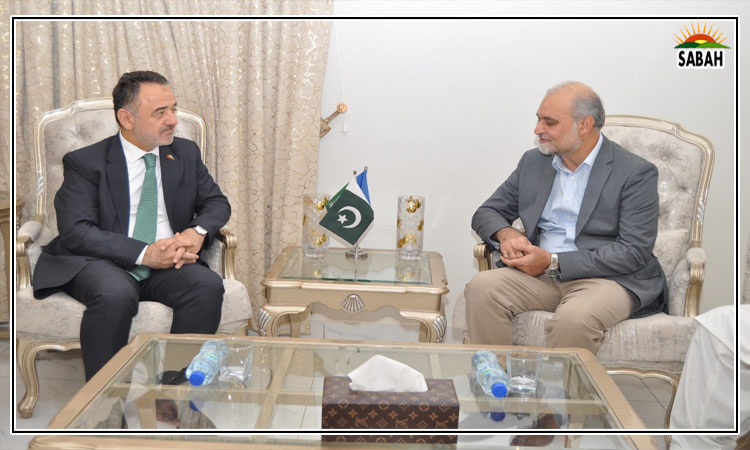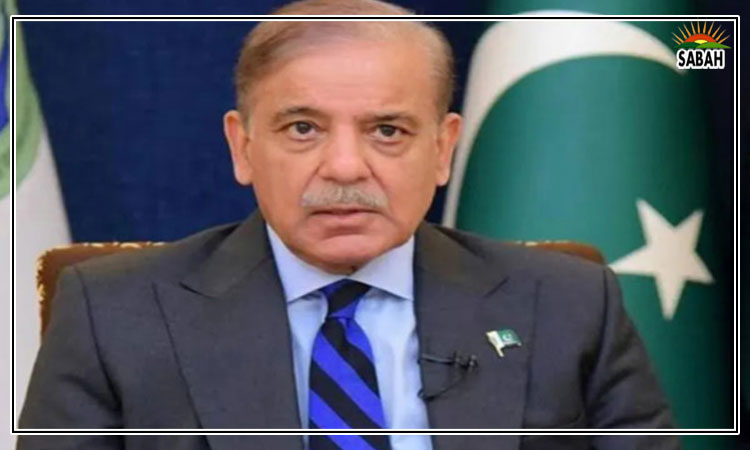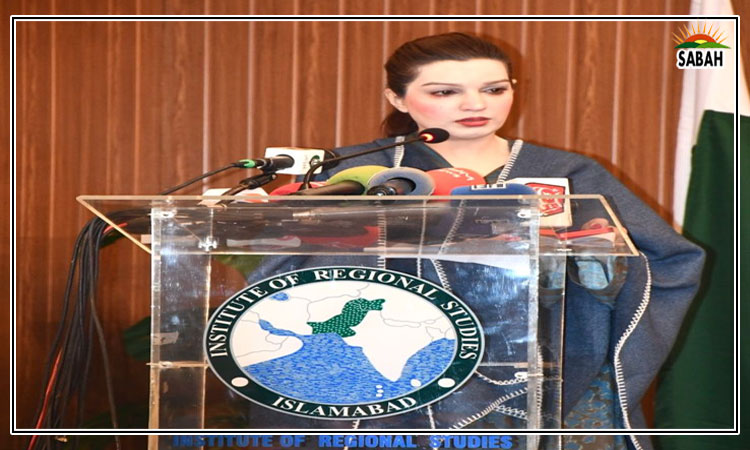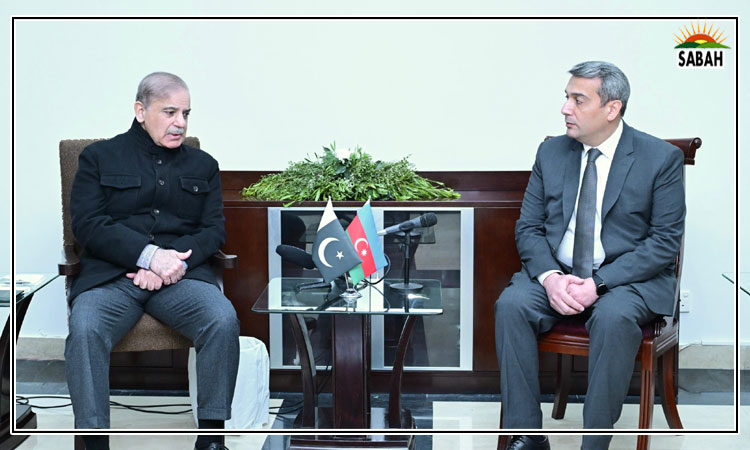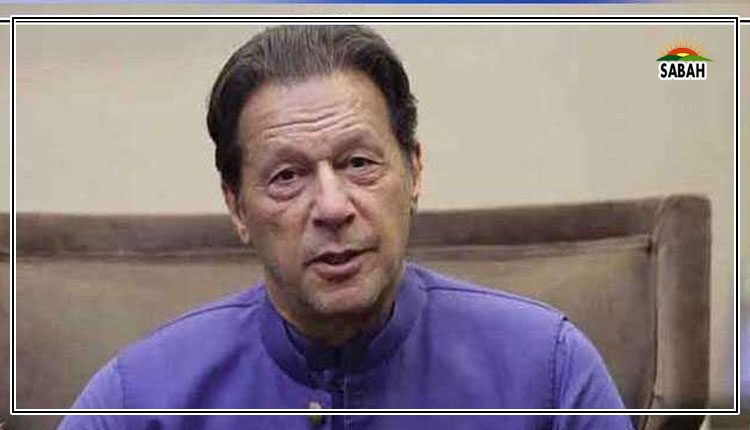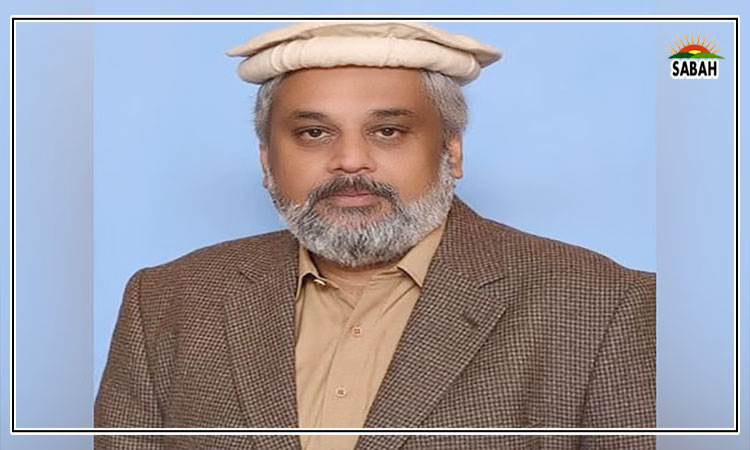Pakistan’s security dilemma and economic diplomacy… Dr Shuja Ahmed Mahesar
Pakistans security dilemma that crystallised after independence in 1947 was caused by active conflicts with neighbours. The country joined US-backed alliances and drew closer to China to balance the strategic threat from India, which was further intensified by Pakistans dismemberment in 1971. Nevertheless, cooperation with the US throughout Cold War era allowed Pakistan to create sense of perennial security by developing nuclear weapons. Warmth between the two countries disappeared once the Soviets withdrew from Afghanistan in 1989 and relations became quiet until the country received US attention to fight the War on Terror.
However, Pakistans strained relations during the last two decades are now expected to improve under changing dynamics of world politics. The country needs to maintain its relations with both the US and China unapologetically without compromising sovereignty to secure its place in evolving global power structures. Diplomatic channels should be activated to avert Sino-US flare ups to reduce Sino-US competition for global supremacy.
Pakistans deep-rooted ties with China is an important factor for Pakistans economic stability and technological advancement. CPEC is one of the major sources of increasing productivity and boosting international trade. Nevertheless, CPECs viability and sustainability is linked to its economic connectivity by using more synergetic and inclusive approaches to increase economic and strategic depth. Using a geo-economic approach, we need to understand the commercial dimensions of Pakistans pivotal position. Economic-centric foreign policy remains the only option to deal with the current external macro-economic imbalances of $30-35 billion and to reduce the current fiscal deficit of 7.9%. First, Pakistan needs to focus on enhancing productivity, exporting value-added goods, and exploring niche markets for diversified products. Second, Pakistan must burnish its image as an investment-friendly country by removing unnecessary bureaucratic hurdles faced by foreign investors. Moreover, development of economic diplomacy has become crucial for securing Pakistans national interest at the international level. Experts belonging to the field of international economics and international law should be engaged with IMF to deal with current financial turmoil. Our diplomats must have exposure to modern techniques of fiscal digitisation and financial rules so they are able to explain the downwards trajectory of Pakistans economy. Pakistans economic diplomacy team must be oriented with climate financing. The recent conference, held in Geneva on 10 January, which focused on post-floods reconstruction, has created some breathing space for our economy. A $9 billion pledge has been made for a long-term rehabilitation program. However, the present government should not be reluctant due to the political cost of taking tangible measures to address the immediate issue of exchange rate and pull the country out from the clutches of economic crisis. The government needs to prioritise export-led economic GDP growth, which has plummeted from 6.10% in 2018 to 5.97% in 2022. Pakistan should also improve the shrinking fiscal space by accelerating trade and the gas pipeline project with Iran while also exploring opportunities for cooperation in the Middle East.
Global economic transformation has brought intrinsic change in international politics driven by energy and food security. Pakistan needs to continue its current policy of balance in international events such as the Russia-Ukraine war. However, it must strengthen further its relations with Russia to seek help in maintaining regional security, stabilising the economy, and advancing technology-based energy infrastructure. We can also reduce inflationary pressure by following the example of India, China, and Bangladesh in securing oil from Russia at concessional price.
Courtesy The Express Tribune, February 10th, 2023.



